

























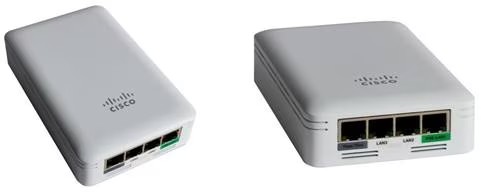
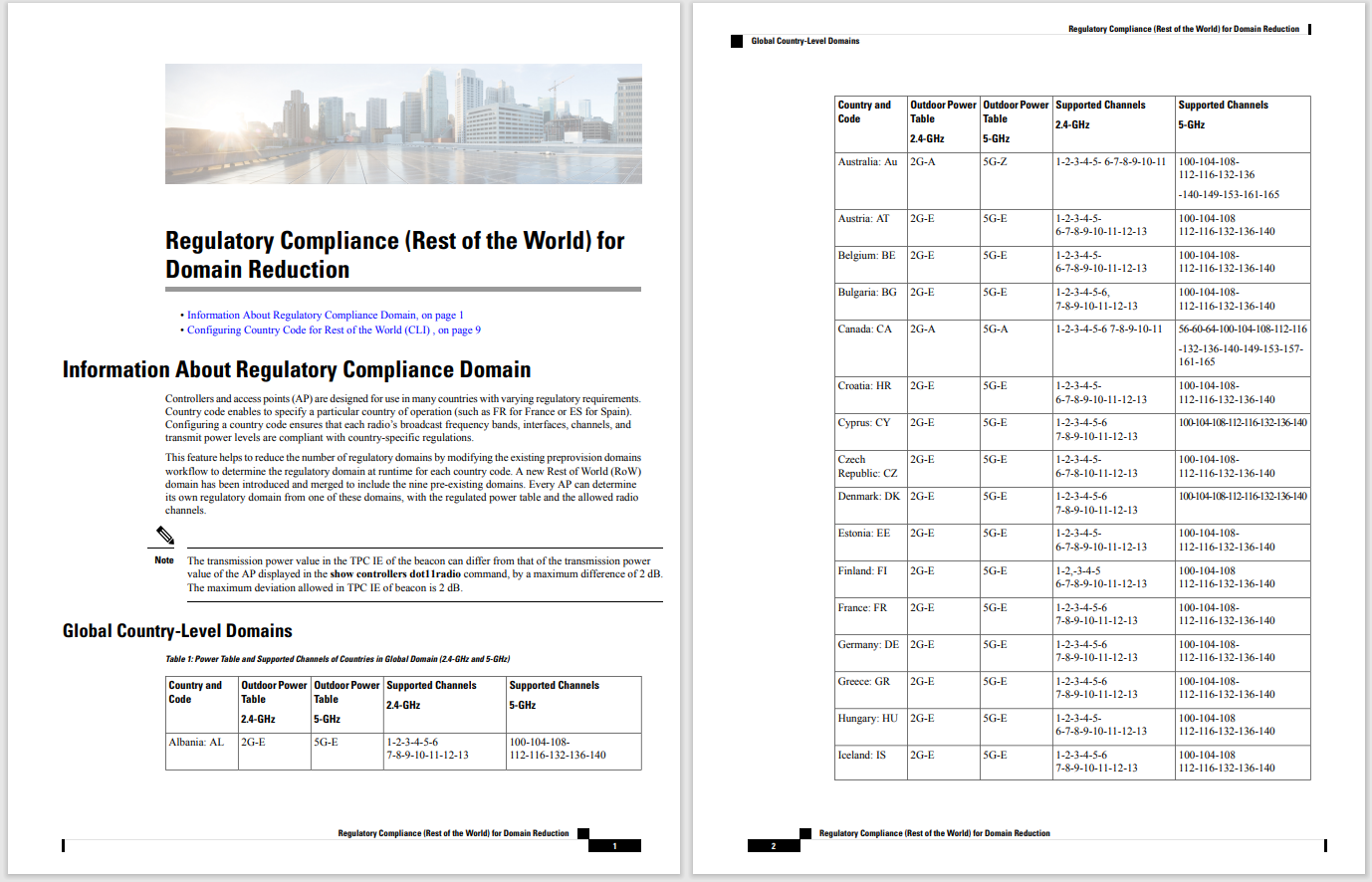
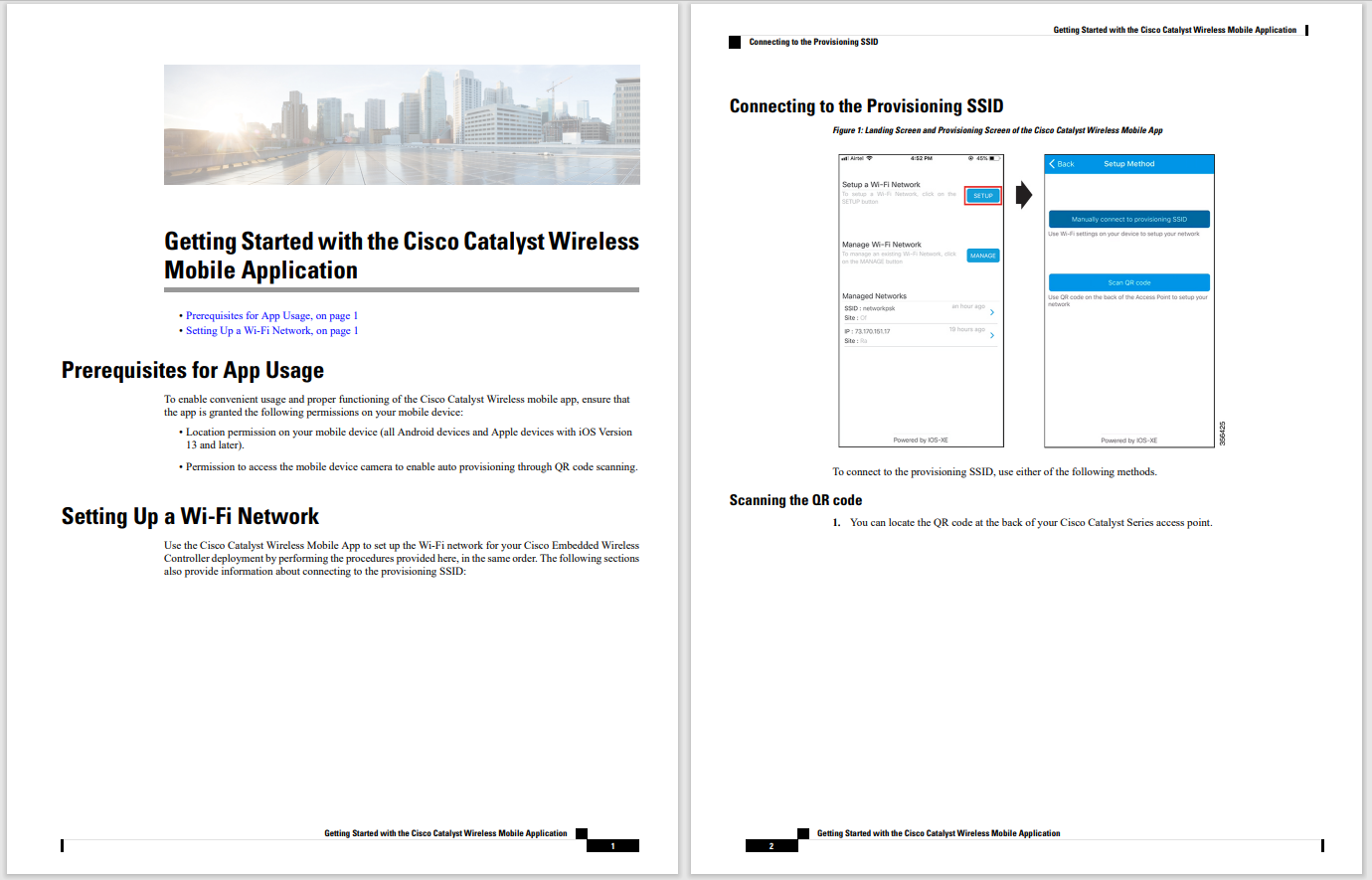

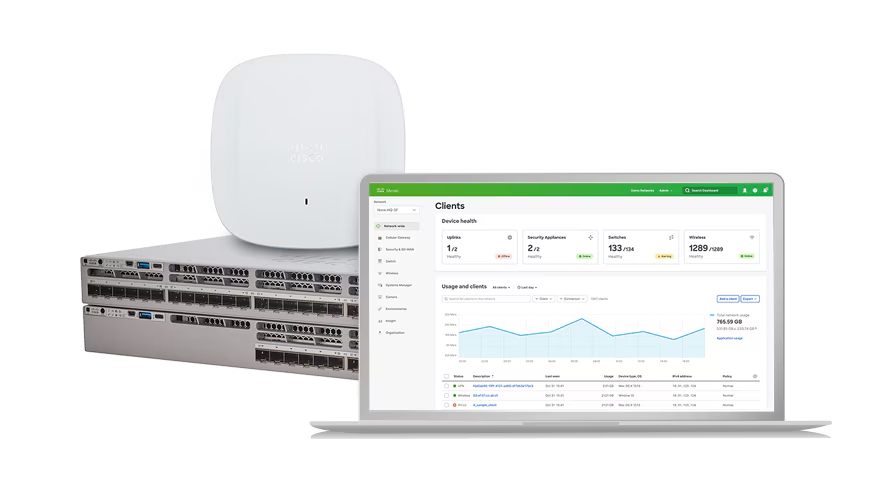
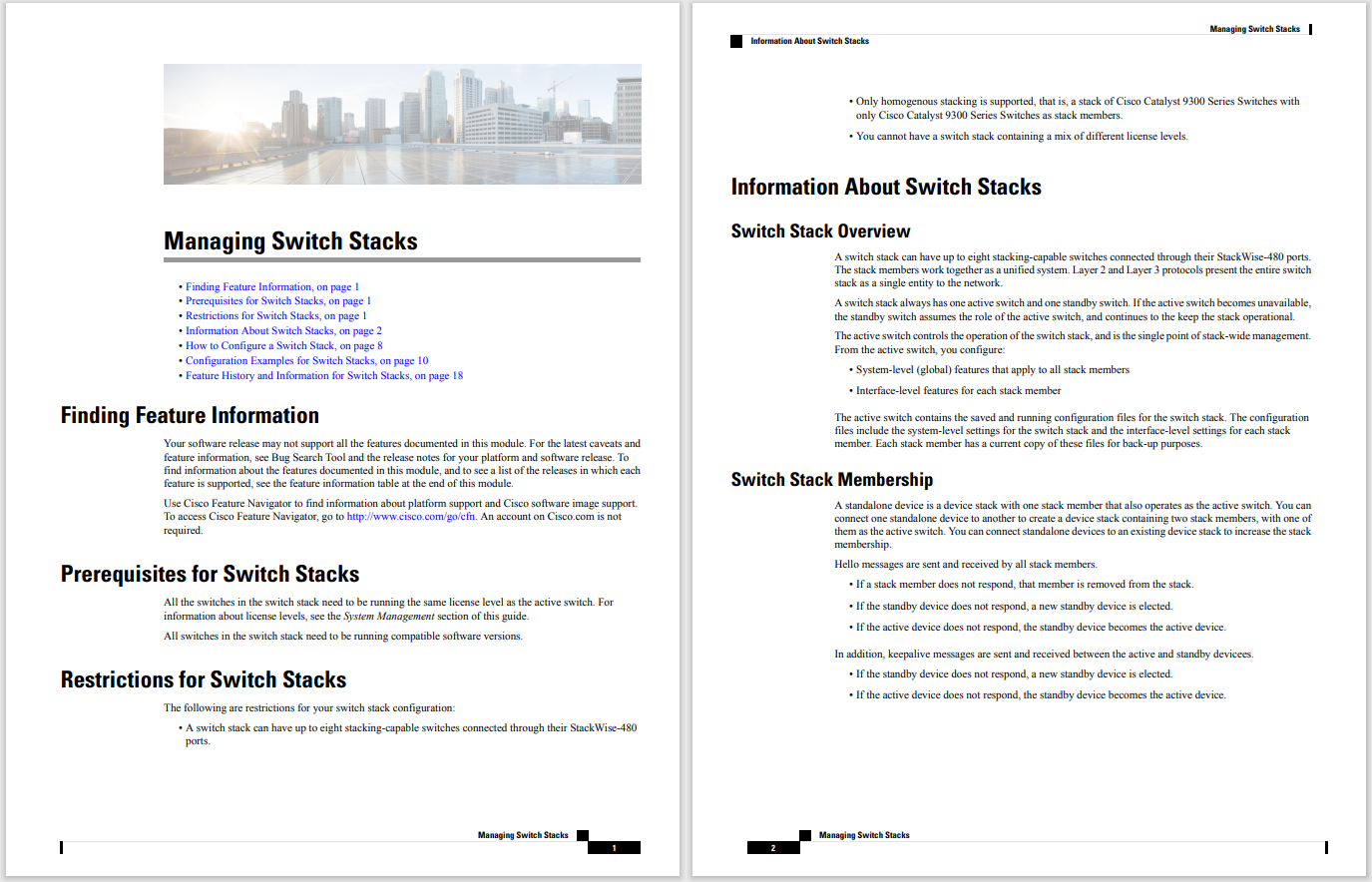
Doug Webster - Cisco's VP of Marketing for Service Provider Routing, Video, and Mobility -testified yesterday in front of the Senate Commerce Committee on trends in mobile data, highlighting Cisco's Visual Networking Index and the need for more spectrum for broadband. The following is the text of Doug's opening statement:
"Good afternoon. Thank you for the opportunity to appear before you today. Mr. Chairman and members of the committee: we are in the midst of an absolute avalanche of mobile data.
I'm here representing Cisco Systems, the world's leading networking company, which has unparalleled insight to network data traffic.
Every year, we at Cisco comb through the data, look for emerging trends, and share our forecast and predictions through our annual Visual Networking Index, or VNI.
In our latest forecast, Cisco predicts that in 2017, mobile data in the United States will be 687 times greater than it was in 2007. Think of that, 687 times the volume of mobile data traffic compared to just six years ago.
And the growth shows no sign of abating.
Five years from now, there will be nine times as much mobile data traffic in the U.S. than there is today. More email. More apps. And, especially, more video, which by 2017 will represent two-thirds of all mobile traffic.
The question is: are we prepared for this avalanche? Can our current network infrastructure handle the massive growth that is coming?
The answer, of course, is no. Imagine the Washington Beltway at rush-hour. That's basically what wireless networks are today. Sometimes open road; but frequently congested, especially at peak hours.
Now imagine adding 50% more traffic to the Beltway each year for the next five years -a nine-fold increase. You'd get grinding gridlock, with major delays... frustration, anger, and a major loss of productivity.
Mr. Chairman, that's precisely what will happen if Congress and the FCC don't act to address the looming spectrum crunch.
Now, how did we get to this point?
Just a few years ago, mobile data traffic was at relatively low levels, the product of a handful of text messages, mostly by our teenagers.
Fast forward to a few years later. Each of us has multiple mobile devices connected wirelessly to the internet -smartphones, tablets, laptops, video streaming devices, smart TVs and gaming consoles.
And the devices will continue to proliferate - in just a few years, we forecast that that there will be 8 devices for every American.
Not only do we send email and text messages constantly, but we're watching massive amounts of video -from short clips of our children's first steps to entire feature-length movies on hand held devices.
Taken as a whole, this change has really transformed mobile data traffic, with profound implications for technology policy.
Last week, Cisco released our latest VNI forecast, and the hard data show that there's simply no stopping the growth. We've become attached to our mobile devices and have integrated them into our daily lives.
So what should policymakers do now to ensure that we have the infrastructure and investment in place to meet this demand?
Put simply, more licensed and unlicensed spectrum must be allocated for broadband access. To return to our Beltway metaphor, adding spectrum will add more lanes for traffic, widen lanes which today are too narrow, and create more on-ramps, off-ramps, and feeder roads to reduce bottlenecks.
Congress's authorization of Voluntary Incentive Spectrum Auctions in 2010 was a critical first step on the licensed side of the equation. And on behalf of Cisco, I want to thank you for taking that meaningful action.
Now, thanks to this committee, the FCC is studying potential expansion of Wi-Fi in the 5 gigahertz band. The FCC is conducting an analysis of whether additional sharing for commercial purposes is technically feasible. We hope that this analysis can be completed as quickly and thoroughly as possible, to help increase broadband speed and adoption.
This is increasingly important, given that approximately 50% of all data moves over Wi-Fi or mobile networks, and given that Wi-Fi helps alleviate pressure on licensed cellular networks.
The bottom line is this:
The mobile revolution is here. It's changing the way we communicate... the way we analyze data... the way health care, education, government and public safety services are delivered.
And it's creating new American jobs and economic growth every day. As if you need more reason to act, studies show that doubling mobile data, results in a 0.5% increase in the nation's Gross Domestic Product, growth which is necessary now more than ever. (Deloitte)
It's imperative that we address the looming spectrum crunch here in the United States and allow providers to invest private dollars in network infrastructure.
This will help ensure that the United States remains at the cutting edge and continues to be a global leader when it comes to mobile technologies.
Thank you again for the opportunity to appear today. I look forward to your questions."
###
 Hot Tags :
Hot Tags :